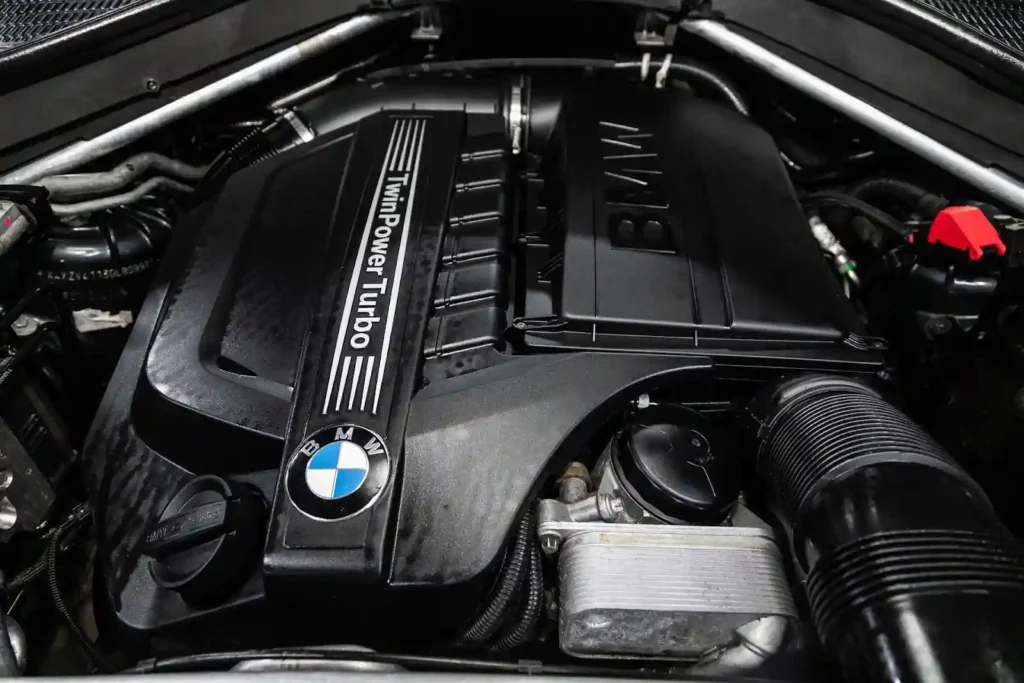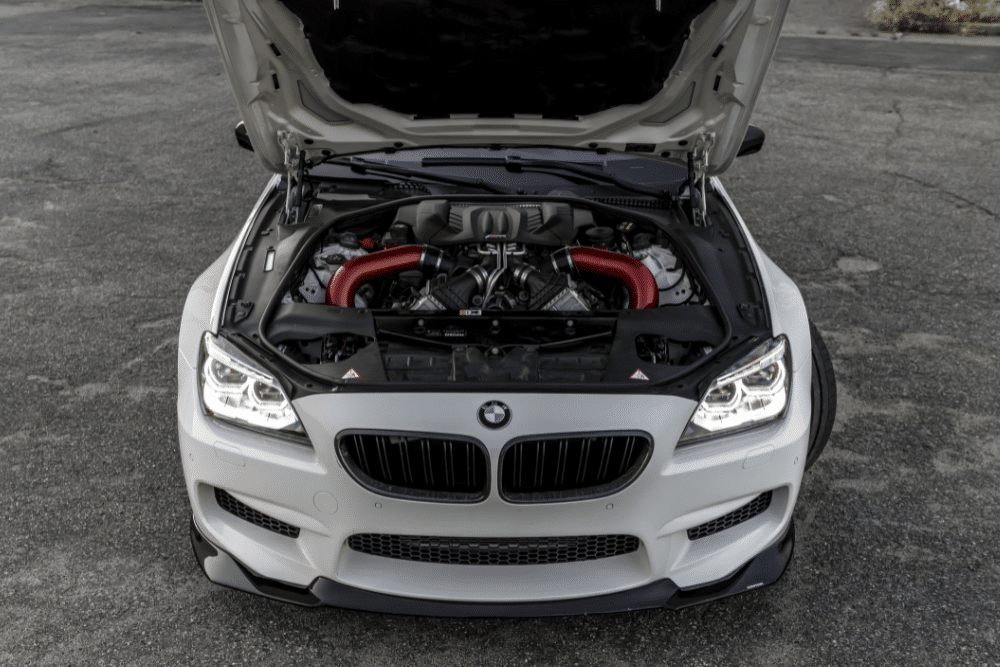In the ever-evolving automotive industry, European manufacturers have consistently been at the forefront of innovation, particularly in the realm of luxury sports cars. Brands like Audi, Mercedes, and BMW have not only set benchmarks for performance but have also pioneered advancements in automotive technologies. One such innovation is the integration of electric water pumps in their vehicles.
Understanding Electric Water Pumps
The Basics of Water Pump Technology
Traditionally, cars have employed mechanical water pumps to circulate coolant throughout the engine. These pumps are usually driven by a belt connected to the engine. While effective, mechanical pumps have limitations, particularly in terms of efficiency and control. They operate at a fixed rate, which correlates directly with the engine speed, often leading to suboptimal performance, particularly under varied driving conditions.
The Role of Electric Water Pumps
Electric water pumps, in contrast, are driven by electric motors and can be controlled independently of the engine speed. This autonomy allows for precise regulation of coolant flow, thereby optimizing engine temperature management. For luxury sports cars, where performance and efficiency are paramount, this capability is invaluable.
Why European Manufacturers Prefer Electric Water Pumps
Enhanced Engine Efficiency and Performance
Luxury sports cars from European manufacturers are renowned for their performance. Electric water pumps contribute to this by ensuring that the engine operates at the optimal temperature, irrespective of the driving conditions. This not only enhances performance but also improves fuel efficiency, a critical factor for high-performance vehicles.
Reduction in Engine Load
Mechanical water pumps draw power from the engine to operate, thereby increasing the engine load and reducing its overall efficiency. Electric water pumps, however, eliminate this parasitic loss, allowing more engine power to be directed towards vehicle propulsion. This is particularly advantageous for brands like Audi, Mercedes, and BMW, which prioritize both power and efficiency in their designs.

The Impact of Electric Water Pumps on Luxury Sports Cars
Precision Cooling for High-Performance Engines
In high-performance vehicles, engine components are often pushed to their limits. The precision cooling afforded by electric water pumps ensures that these components remain within their safe operating temperatures, thereby reducing wear and prolonging engine life. For Audi and BMW, known for their engineering excellence, this is a critical advantage.
Flexibility in Vehicle Design
Electric water pumps offer greater flexibility in vehicle design. Without the need for a belt-driven mechanism, they can be placed in more optimal locations within the engine bay, facilitating better weight distribution and compact engine designs. This is particularly beneficial for brands like Mercedes, which are continually pushing the boundaries of automotive design.
Technological Advancements and Future Directions
Integration with Hybrid and Electric Vehicles
As the automotive industry shifts towards hybrid and electric vehicles, the role of electric water pumps becomes even more significant. These vehicles require sophisticated thermal management systems to optimize the performance of both the internal combustion engine and the electric components. The independent operation of electric water pumps makes them ideally suited for such applications, aligning with the sustainability goals of European manufacturers.
Advanced Control Systems
Electric water pumps can be integrated with advanced vehicle control systems to further enhance their functionality. By utilizing data from various sensors, these pumps can adjust coolant flow in real-time, ensuring optimal engine performance under all conditions. This level of control is particularly appealing to luxury brands like Audi and BMW, which emphasize technological sophistication in their vehicles.
Case Studies: Audi, Mercedes, and BMW
Audi’s Approach to Electric Water Pumps
Audi has long been an advocate for integrating cutting-edge technology into their vehicles. Their use of electric water pumps is a testament to their commitment to performance and efficiency. By leveraging these pumps, Audi ensures that their engines remain at peak performance, providing drivers with the exhilarating experience they expect from a luxury sports car.
Mercedes’ Innovation in Engine Cooling
Mercedes, synonymous with luxury and innovation, has embraced electric water pumps to enhance the cooling efficiency of their engines. This not only improves performance but also aligns with Mercedes’ broader goal of reducing emissions and improving fuel efficiency across their fleet.
BMW’s Commitment to Sustainable Performance
BMW’s use of electric water pumps reflects their commitment to sustainable performance. By reducing engine load and improving thermal management, BMW not only enhances vehicle performance but also contributes to a reduction in overall emissions, supporting their sustainability initiatives.
Conclusion: The Future of Automotive Cooling
The adoption of electric water pumps by European manufacturers such as Audi, Mercedes, and BMW highlights the significant benefits these components offer in terms of performance, efficiency, and design flexibility. As the automotive industry continues to evolve, and with a growing emphasis on hybrid and electric vehicles, the role of electric water pumps is set to become even more critical. For luxury sports car manufacturers aiming to maintain their position at the cutting edge of automotive innovation, embracing such technologies is not just an option but a necessity.
In conclusion, the integration of electric water pumps in European vehicles exemplifies the commitment of these manufacturers to delivering unparalleled performance and efficiency, ensuring that their vehicles remain at the pinnacle of automotive engineering.




